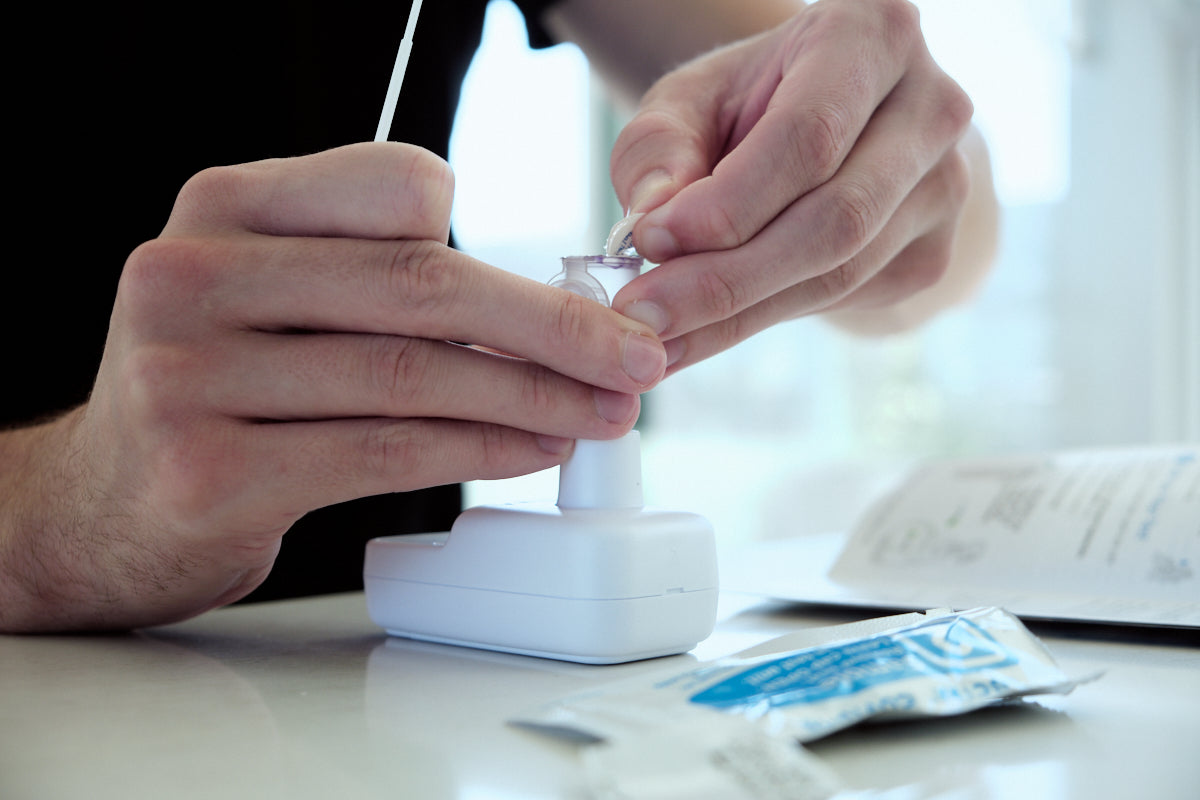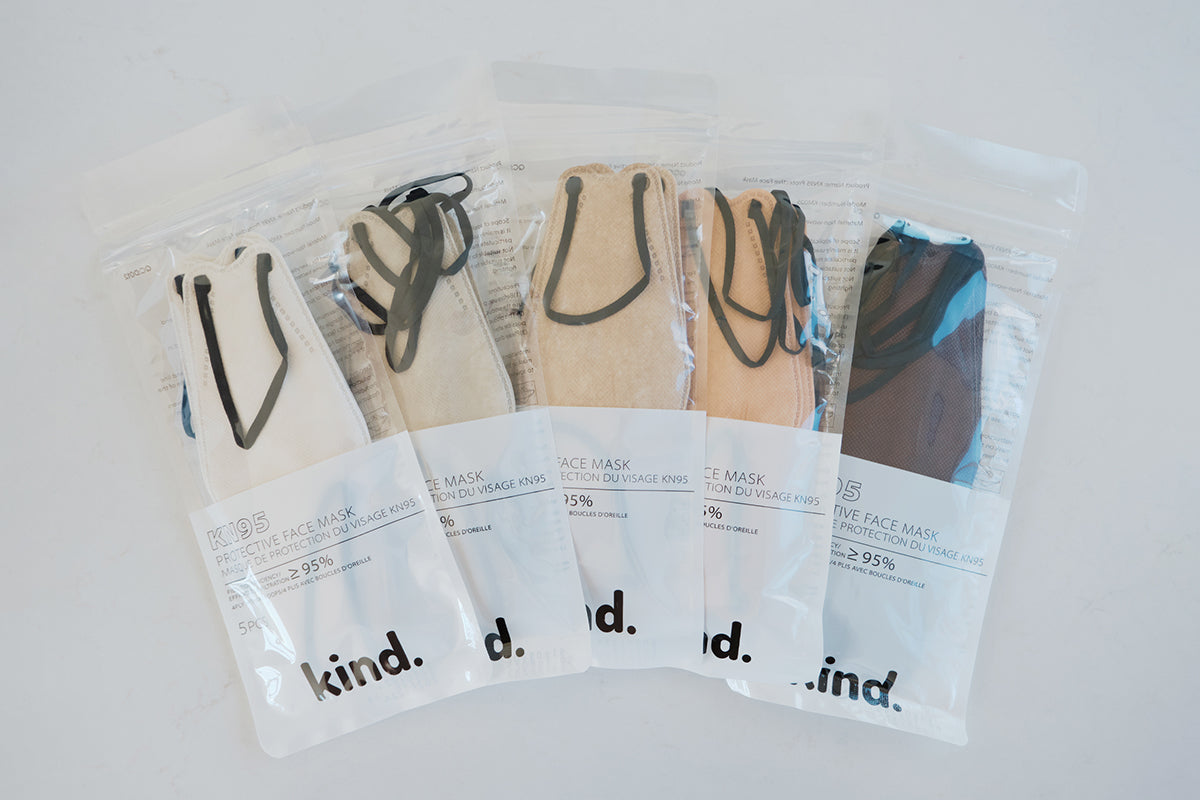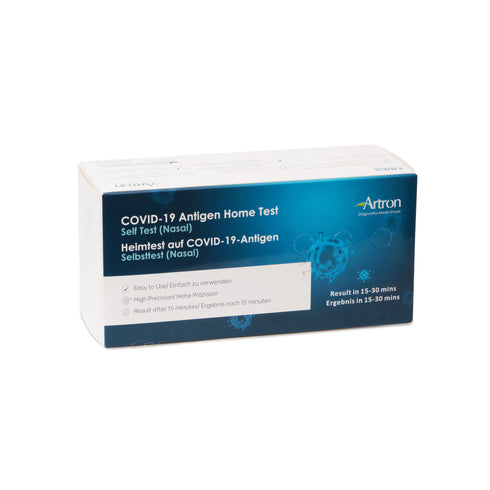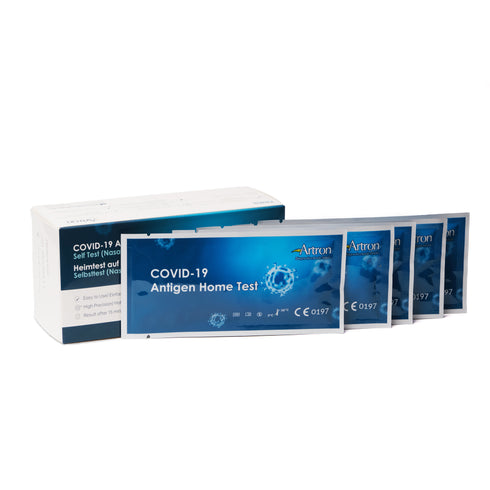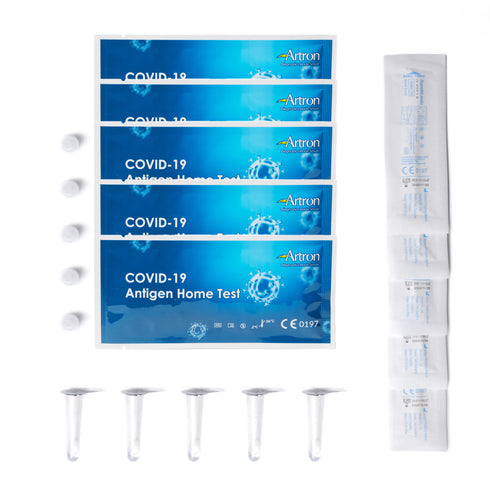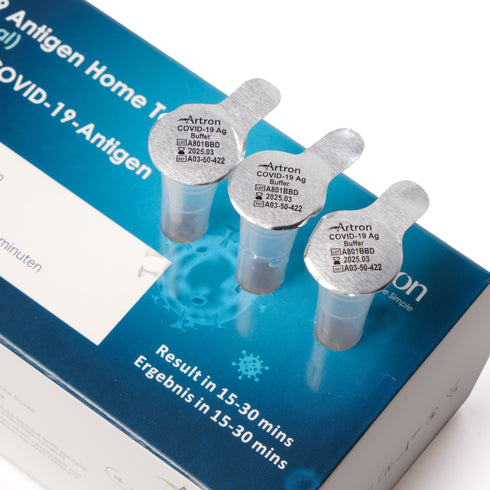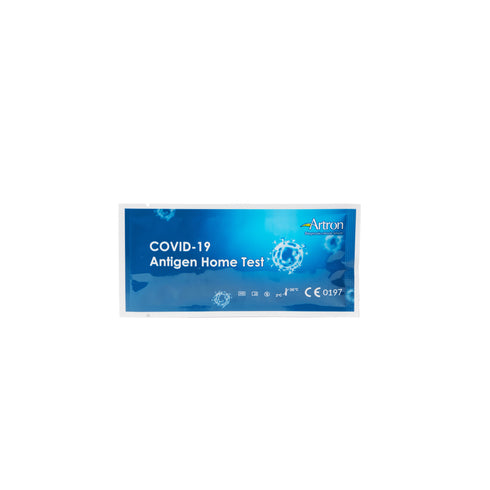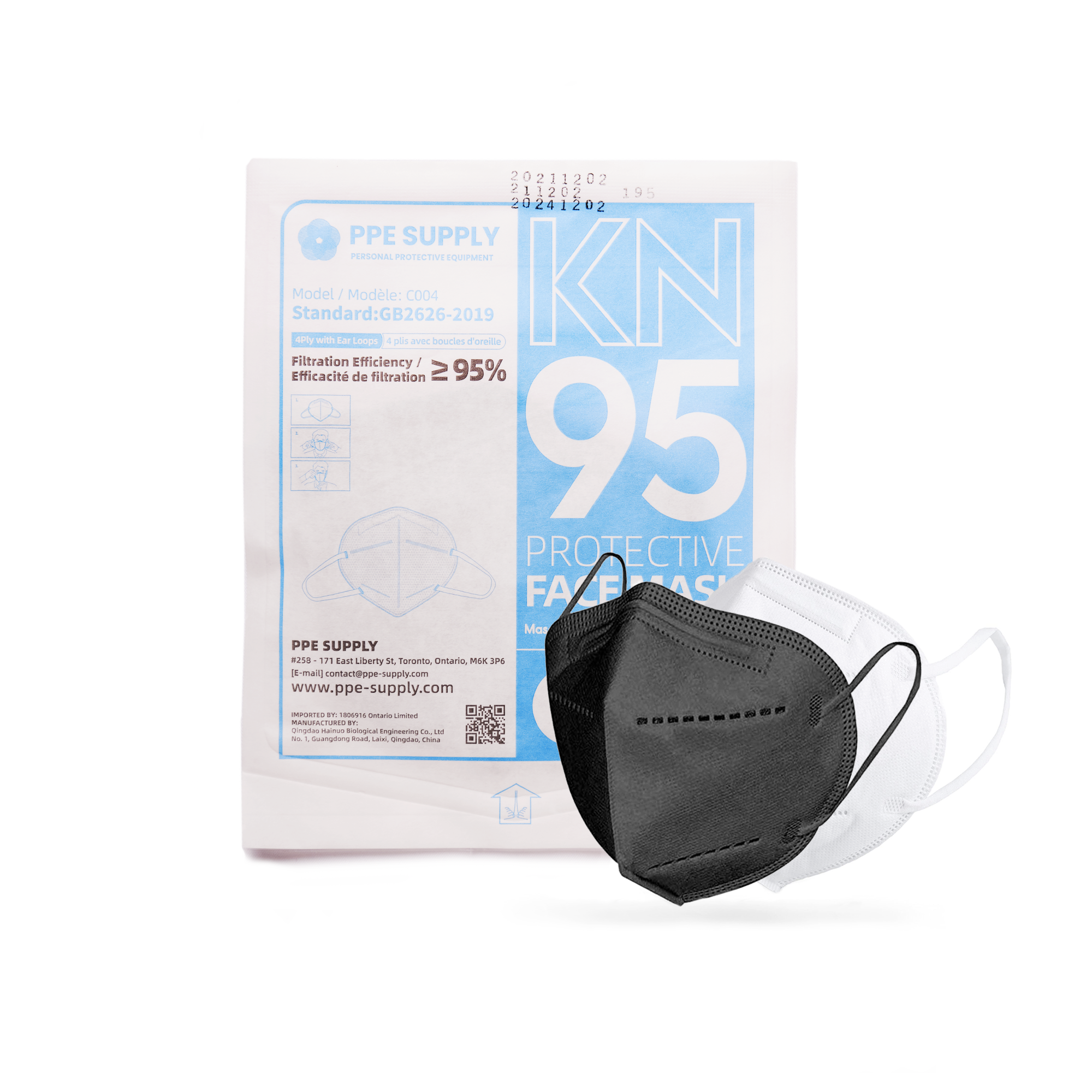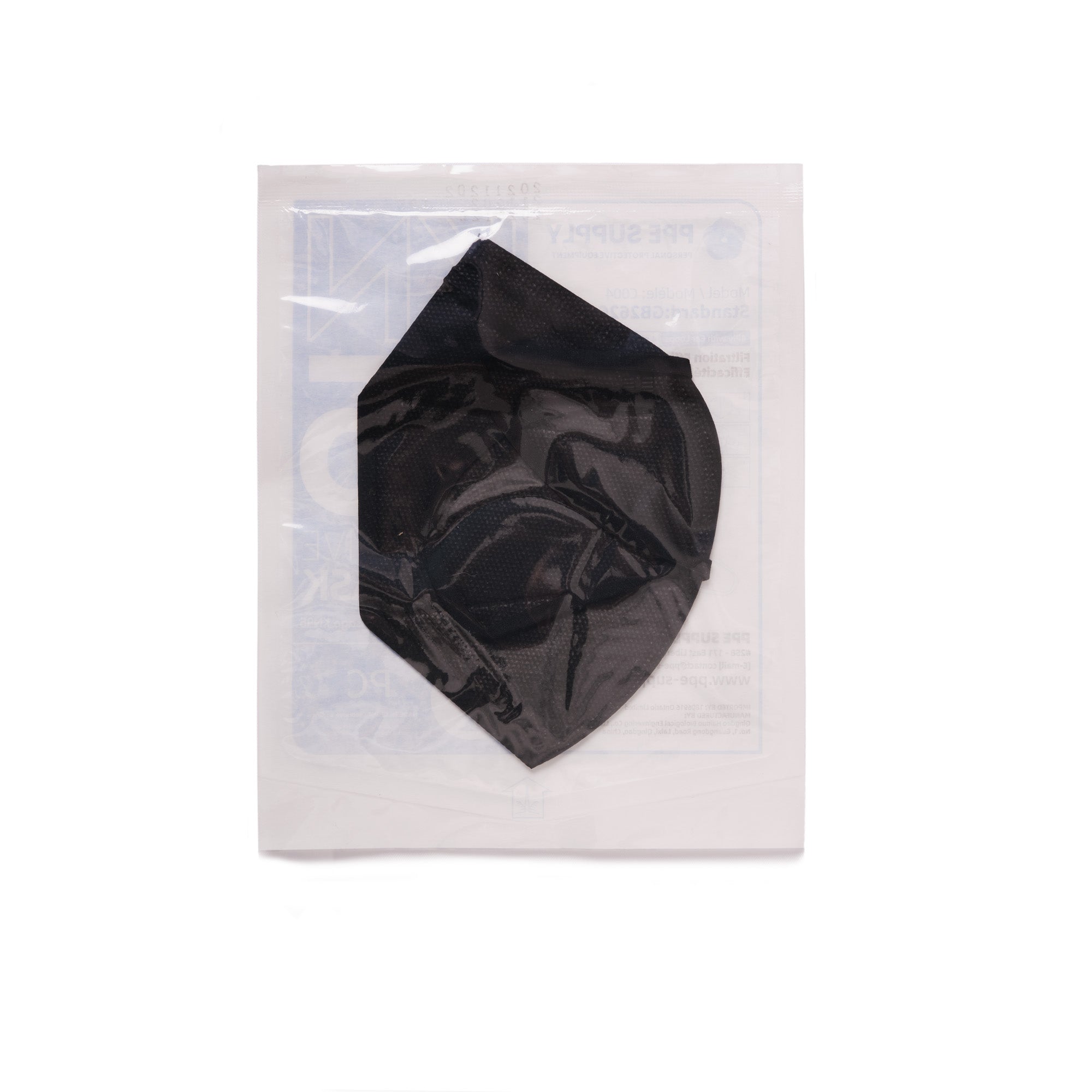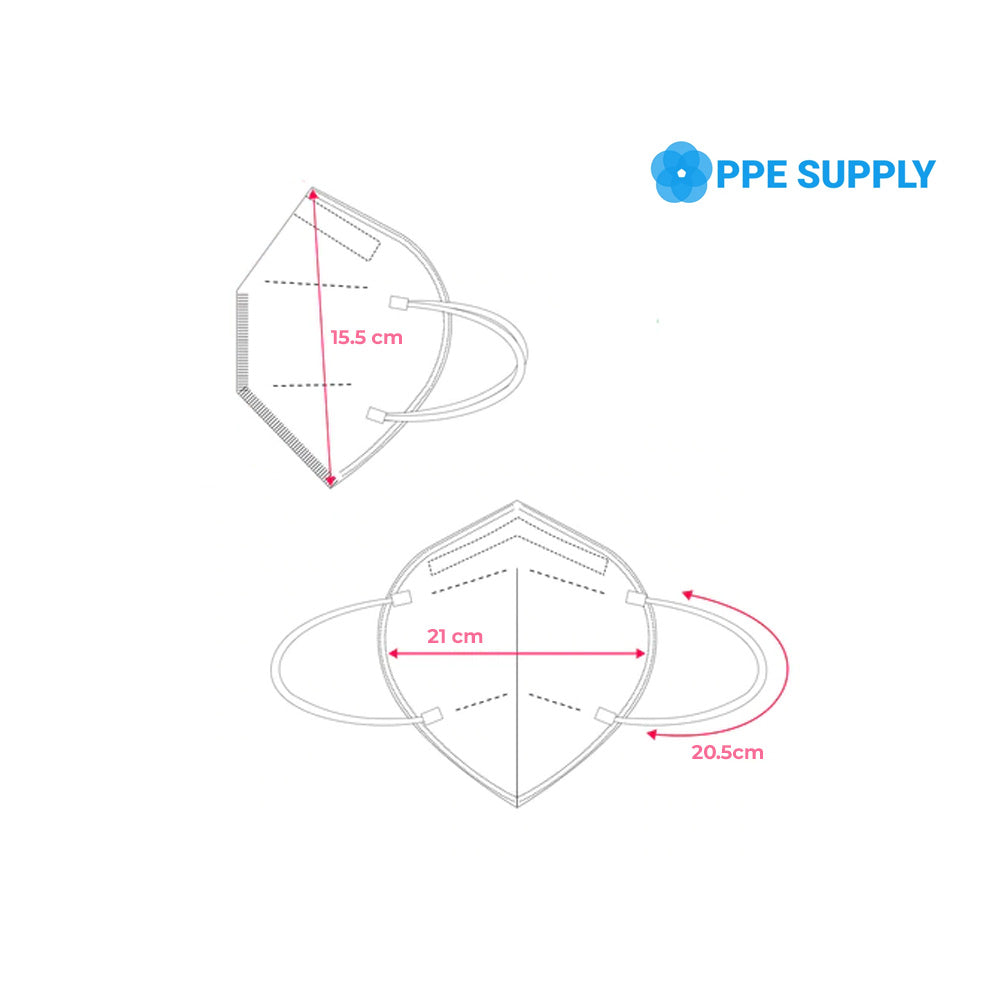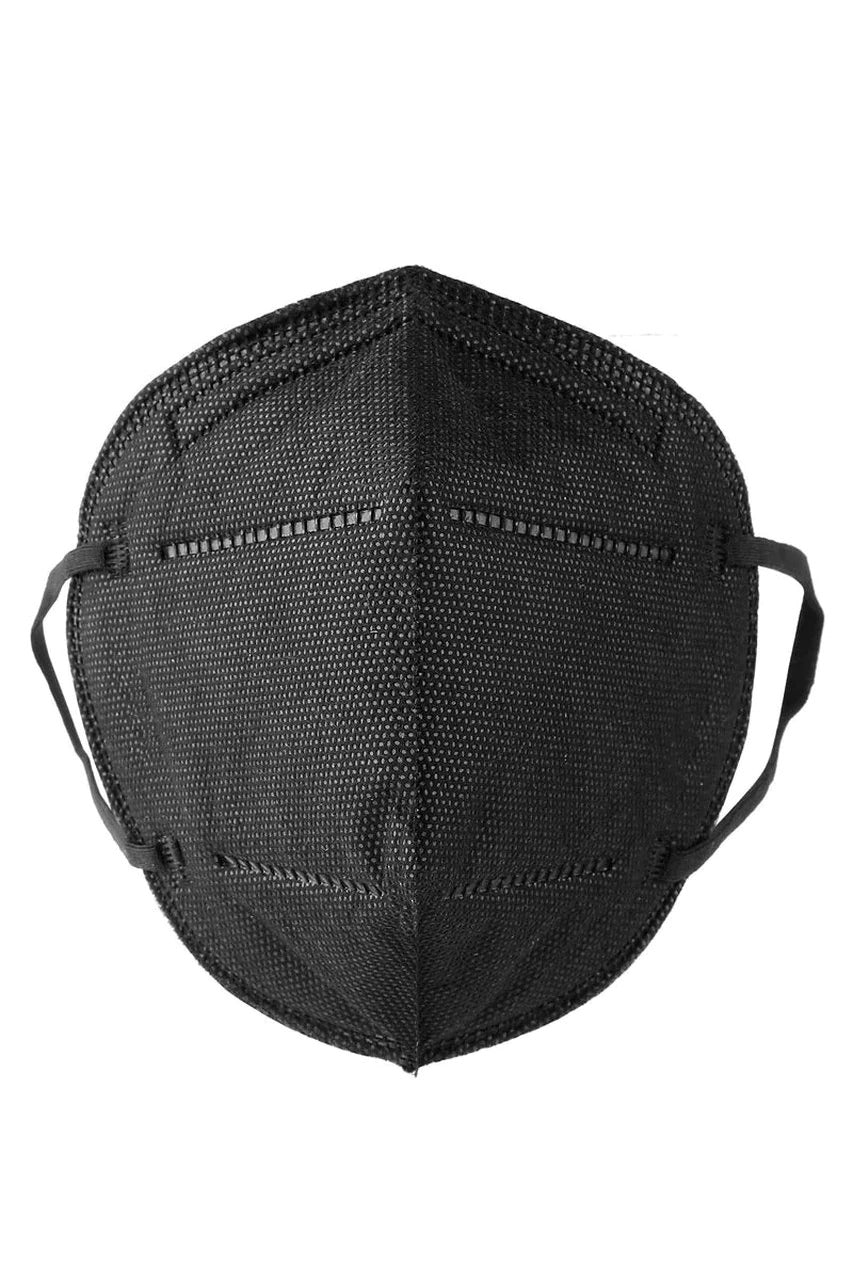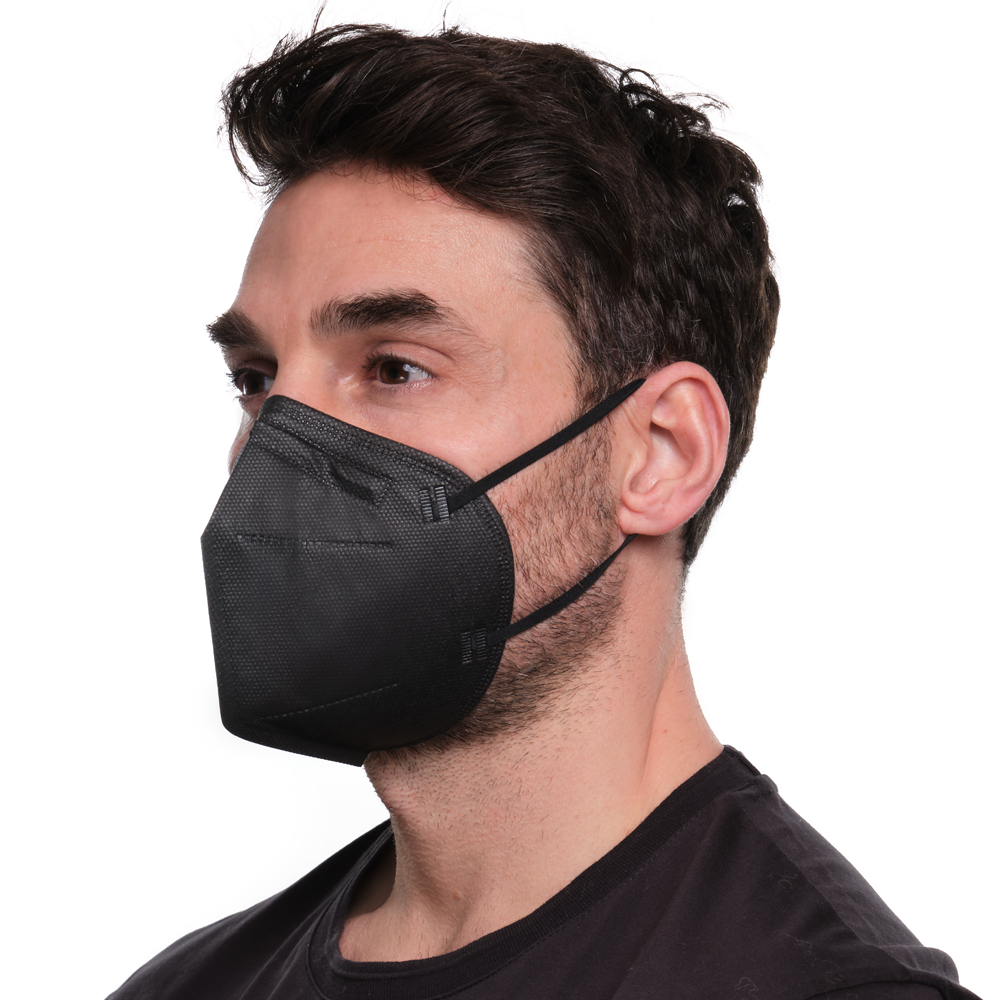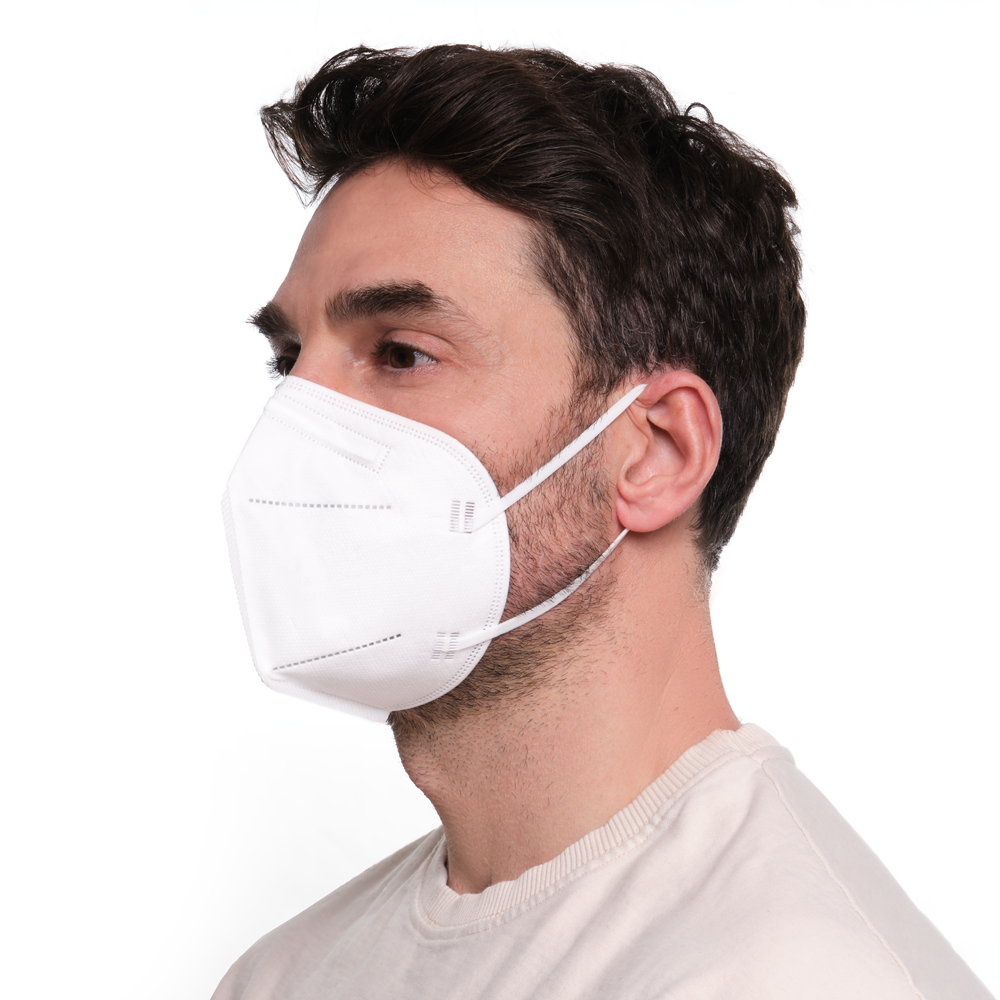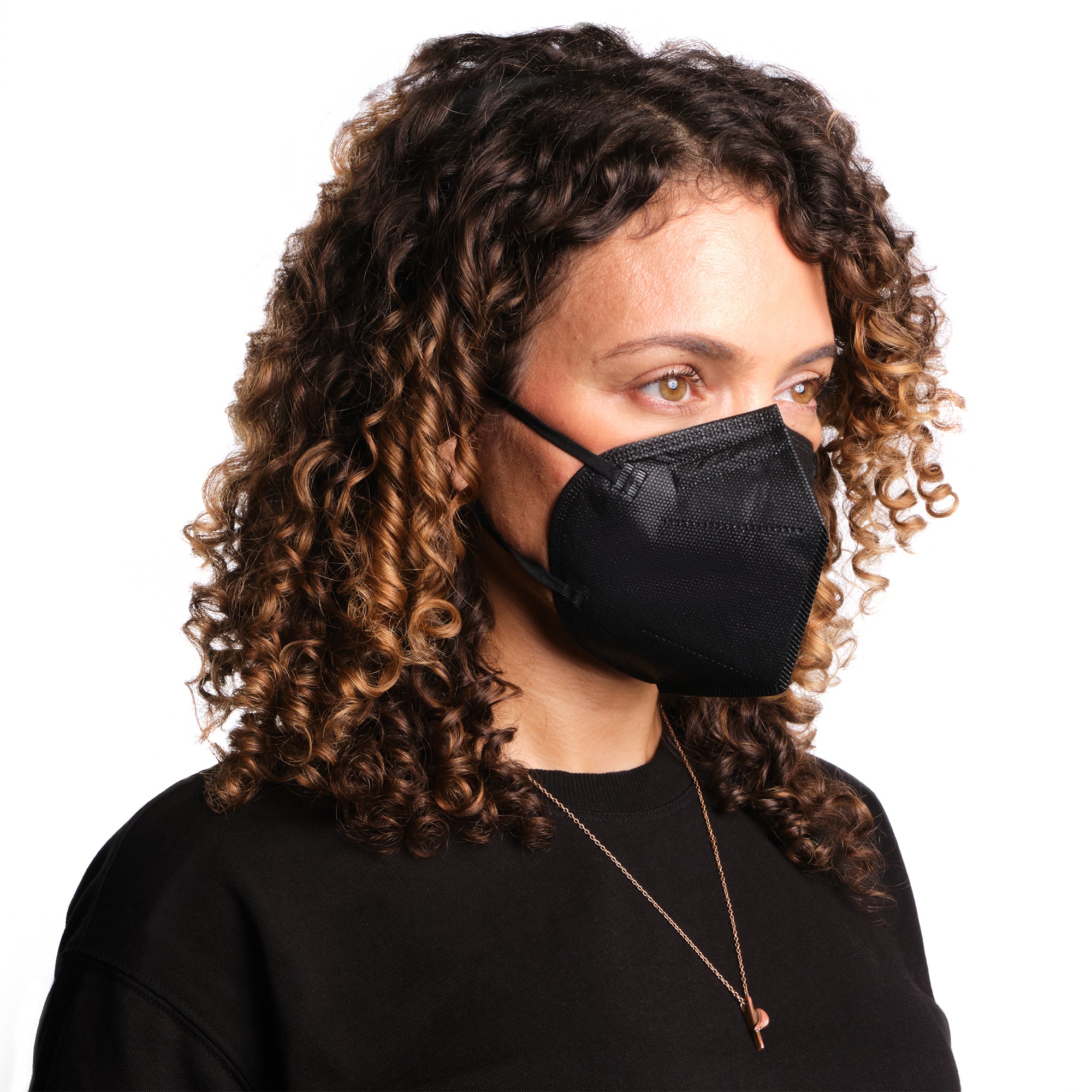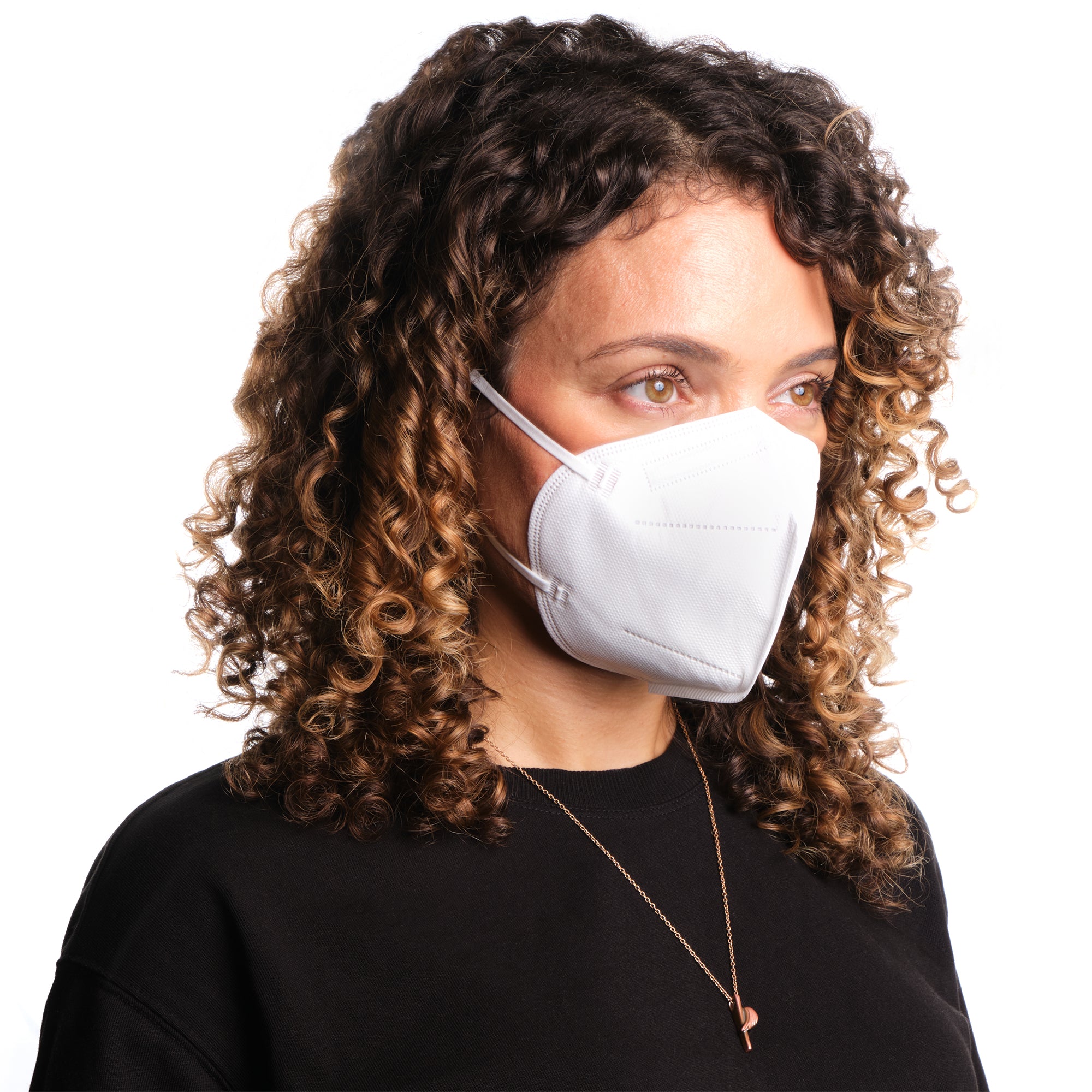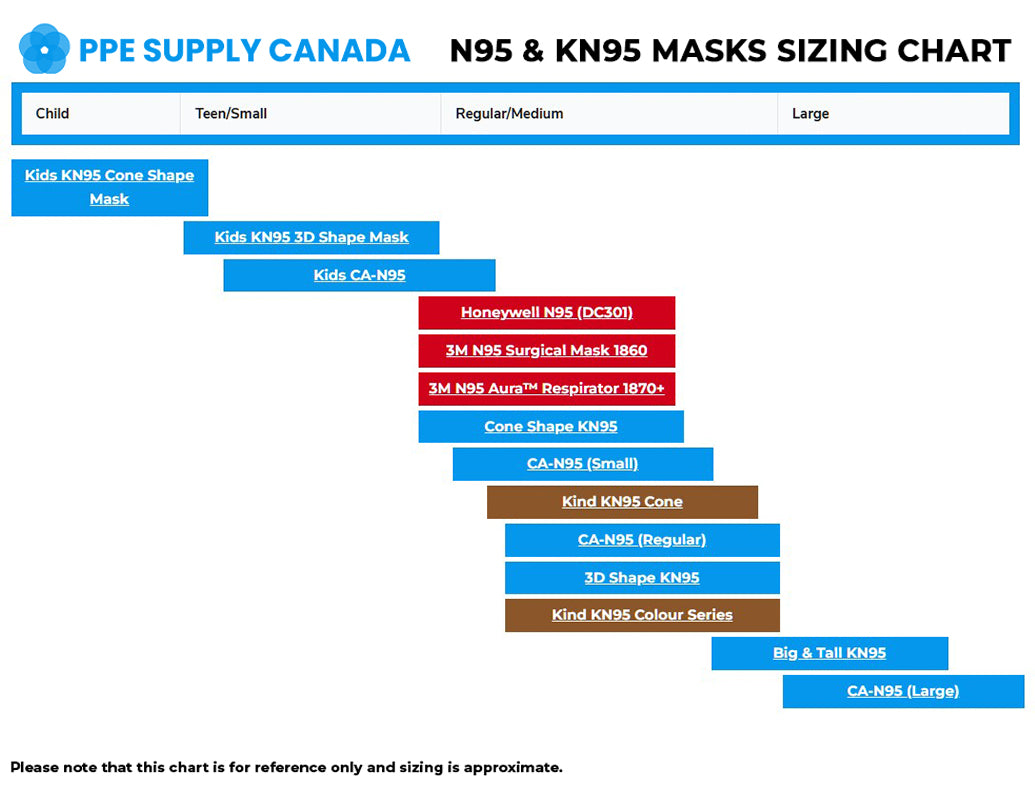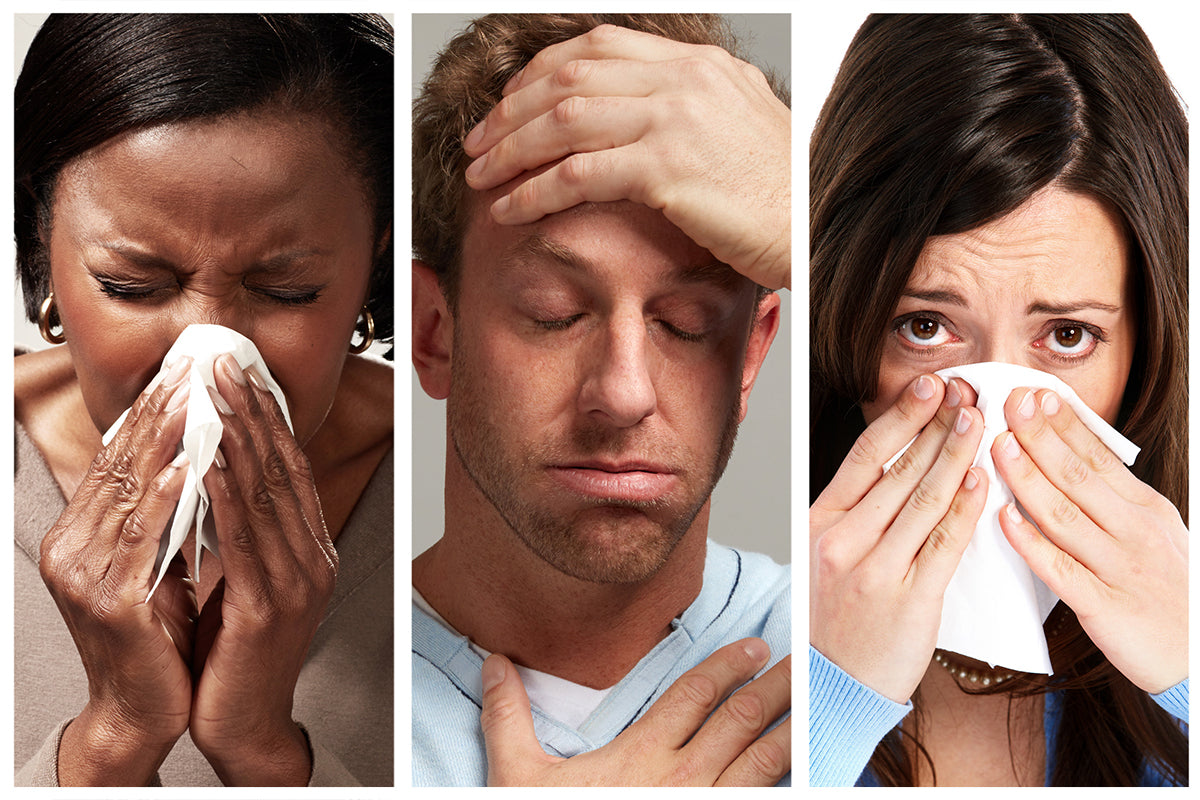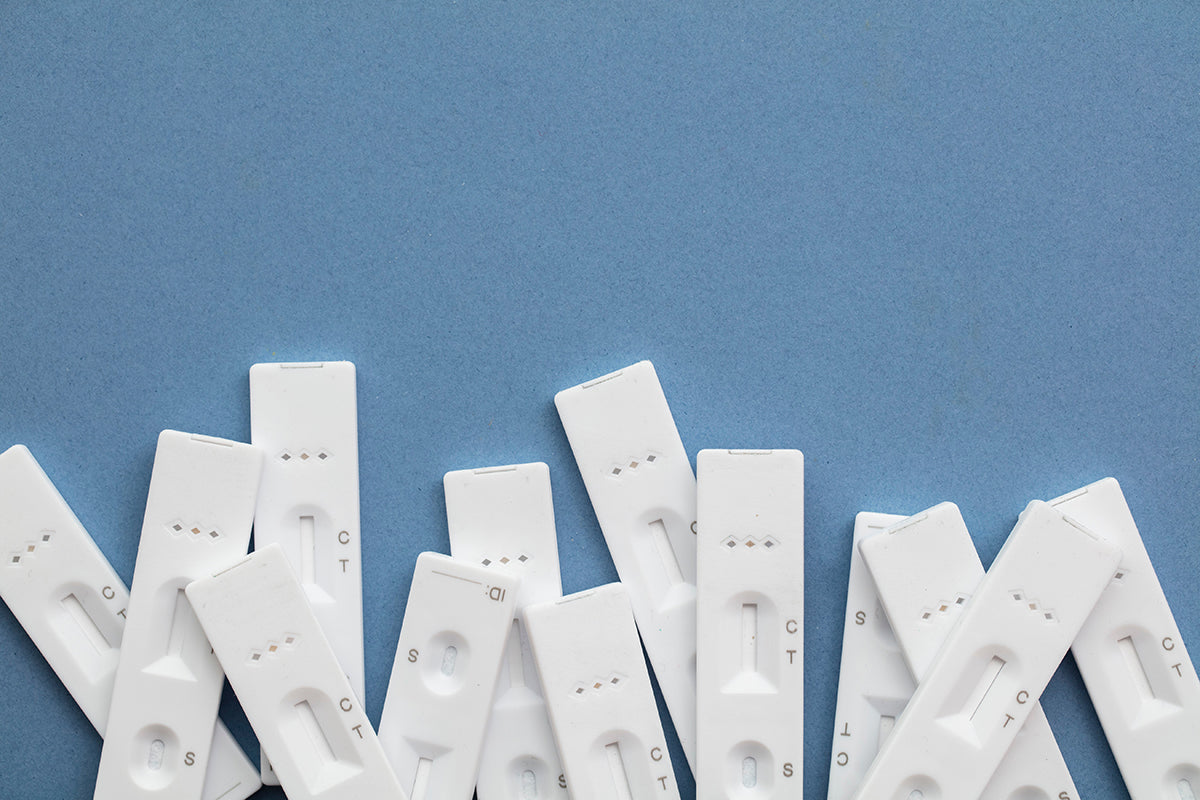How Concerned Should We Be About COVID-19 Reinfections?

In the face of the evolving landscape of health and safety, it's crucial to stay informed about the ever-changing dynamics of infectious diseases. Even though we are well out of the pandemic now, one topic that’s garnered much attention recently is COVID-19 reinfections. These occurrences have prompted a multitude of questions: How common are they? Are they more severe than the first infection? Can we protect ourselves effectively? In this article, we will delve into the world of COVID-19 reinfections, exploring what they are, how concerned we should be, and what we can do to safeguard our health.
Understanding COVID-19 Reinfections
To start, let's clarify what we mean by COVID-19 reinfections. A reinfection happens when someone who has previously had COVID-19 contracts the virus again. This differs from a resurgence of symptoms or a prolonged illness (i.e., Long COVID), which can be due to the lingering effects of the initial infection. Reinfections, on the other hand, result from a new infection with the virus.
Are COVID-19 Reinfections Common?
While COVID-19 reinfections are not an everyday occurrence, they are not as rare as one might think. Several factors influence the likelihood of reinfection, including the variant in circulation, the time that has passed since the initial infection, and an individual's immune response.
Variants of Concern: Even though the pandemic is no longer defining the main structures of society, the COVID-19 virus continues to mutate and new variants are persistently emerging, ultimately increasing the risk of reinfection no matter where you’re located. In the past, variants like Delta and Omicron have been associated with higher rates of reinfection due to their ability to partially evade the immunity generated by previous infections or vaccinations, which is why it’s important to always stay abreast with the most up-to-date information on the latest variants of concern.
Time Since Initial Infection: The time that has passed since the initial infection is a critical factor. Studies have shown that the risk of reinfection tends to be lower within the first few months following recovery. However, the protection from natural immunity may wane over time, making individuals more susceptible to reinfection.
Immune Response: The strength and duration of an individual's immune response to the initial infection play a significant role. Some people may develop a robust and long-lasting immunity, while others may have a weaker response. Those with weaker immune responses are at a higher risk of reinfection.
Severity of Reinfections
When considering the severity of COVID-19 reinfections, there is no one-size-fits-all answer. The outcome of reinfection can vary widely, just as it does with the initial infection. It is important to note that not all reinfections lead to severe illness. In fact, many reinfections result in milder or asymptomatic cases.
The severity of reinfections is influenced by several factors, including the individual's overall health, vaccination status, and the specific variant responsible for the reinfection. In general, people who were vaccinated before their reinfection tend to have milder symptoms, as vaccines help bolster the immune response.
SHOP LUCIRA HEALTH COVID-19 & FLU AT-HOME TEST
Long COVID
In addition to considering the severity of COVID-19 reinfections, another crucial element to keep in mind is the potential for developing Long COVID. While many reinfections may result in milder or asymptomatic cases, some individuals may find themselves grappling with persistent and debilitating symptoms. This highlights the importance of vaccination, masking up and social distancing whenever and wherever we can as means of reducing the risk of reinfection and subsequently lowering the chances of enduring the long-term impacts of this complex condition. As we navigate the complexities of COVID-19, it is crucial to stay informed and take proactive steps to protect our health and well-being.
The Importance of Vaccination
Vaccination remains one of the most effective tools in our arsenal against both initial COVID-19 infections and reinfections. Vaccines not only reduce the risk of reinfection but also mitigate the severity of the disease if reinfection does occur. They also help prevent the spread of the virus in communities, contributing to the broader goal of achieving herd immunity.
Masking and Self-Testing: The First Line of Defense
Apart from vaccination, there are other crucial steps to take to protect yourself and those around you from COVID-19, including reinfections. Wearing masks and conducting self-testing when feeling ill are fundamental practices.
Masking: Masks have proven to be a valuable tool in reducing the spread of the virus, especially when worn in indoor or crowded settings. They not only protect you from inhaling viral particles but also reduce the risk of you transmitting the virus to others, particularly if you are unknowingly carrying the virus.
When it comes to masking, not all masks are created equal. In the ongoing battle against COVID-19 and its reinfections, the choice of mask matters significantly, and high-quality KN95 and N95 masks are essential for offering superior protection. These masks provide a tighter seal and have a guaranteed minimum filtration efficiency, effectively filtering out a higher percentage of viral particles.
Here at PPE Supply Canada, all of our N95 and KN95 masks have been independently tested by SGS, a third-party testing facility in North America, and are equipped with a minimum filtration efficiency of 95%!
Self-Testing: Regular self-testing with an at-home COVID-19 rapid test, particularly when you experience symptoms, is a responsible and effective measure. Rapid COVID-19 tests can provide quick results, helping you determine whether you need to take extra precautions or isolate yourself to avoid spreading the virus further.
If you're experiencing mild symptoms or suspect the early stages of an infection, consider using the Lucira Health COVID-19 & Flu Test. This at-home molecular test offers accuracy rates comparable to PCR lab tests, capable of detecting infections even at low viral loads or when symptoms are not pronounced.
Alternatively, if you're feeling unwell and want to swiftly rule out a COVID-19 infection, the BTNX Rapid Antigen Test is an excellent choice. As a top-performing antigen test in the industry, the BTNX Rapid Antigen Test boasts a 98% accuracy rate and delivers results in just 15 minutes.
CONCLUDING THOUGHTS
COVID-19 reinfections, while not an everyday occurrence, are a reality we must understand and prepare for. The risk of reinfection is influenced by various factors, including the circulating variants, time since initial infection, and individual immune responses. The severity of reinfections can vary widely, but vaccines remain a potent tool in reducing both the risk and severity of reinfections.
In our journey to stay safe and protect those around us, we must not forget the importance of wearing masks and self-testing when feeling unwell. These practices are simple yet effective measures that can go a long way in preventing the spread of the virus.
As we continue to navigate this ever-evolving landscape, staying informed, following public health guidelines, and getting vaccinated are essential steps toward safeguarding our health and the health of our communities.
Sources:
Centers for Disease Control and Prevention (CDC)
World Health Organization (WHO)
National Institutes of Health (NIH)
Johns Hopkins University & Medicine - Coronavirus Resource Center
Please be aware that this article was not authored by a medical professional, and any information presented should not be considered as medical advice. Please consult the above resources for the most up-to-date and accurate information on COVID-19 and related topics.

